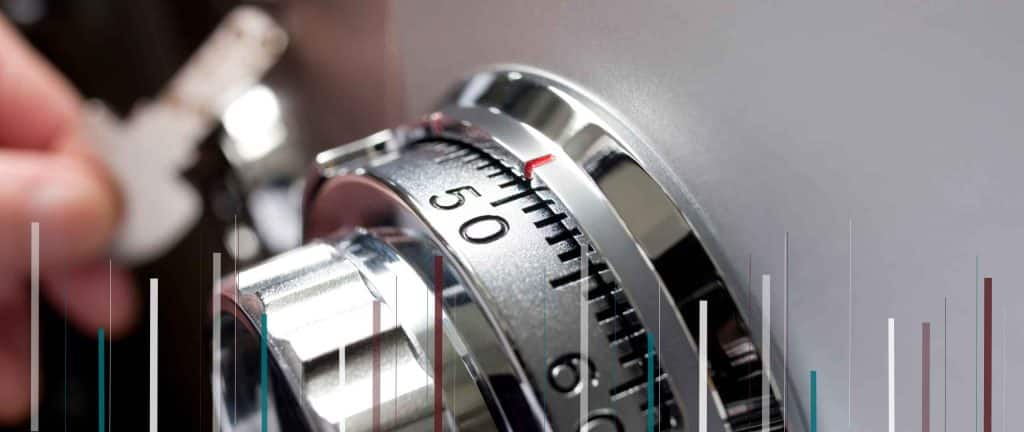A Comprehensive Guide for Businesses
Protecting your business assets is crucial, and investing in a high-quality office safe is one of the most effective strategies. In a previous blog, we discussed the best locations for safes in an office. Combining strategic placement with selecting the right safe ensures optimal security. With a multitude of options available, selecting the right safe can be daunting. This guide will help business owners navigate the key factors to consider when choosing an office safe, ensuring you make an informed decision to protect your valuable assets.
Defining the Best Office Safe for Your Business
Before selecting a safe, it’s crucial to evaluate your specific security requirements. Consider the types of valuables you need to protect, such as cash, documents, or digital media. Additionally, assess the level of security risk your business faces, which may vary based on location, industry, and past incidents of theft or fire.
The Size of Your Safe
The size of the safe is a fundamental consideration. Safes come in various sizes, from compact models for small valuables to large units designed to store significant amounts of cash, documents, or equipment. Ensure the chosen safe fits your space and meets your storage needs without being too conspicuous.
Locking Mechanisms
Different safes offer various locking mechanisms, each with its own advantages. Common options include:
- Key Locks: Traditional and straightforward but can be vulnerable if keys are lost or duplicated.
- Combination Locks: Reliable and don’t require keys, but can be challenging to manage if the combination is forgotten.
- Electronic Locks: Offer ease of access and programmable codes, though they depend on battery power.
- Biometric Locks: Provide high security using fingerprint recognition but can be more expensive.
Choose a locking mechanism that balances security and convenience for your business operations.
Fire and Water Protection
Office safes often offer protection against fire and water damage, crucial for safeguarding sensitive documents and digital media. Look for safes rated for at least one hour of fire protection and ensure they have seals to protect against water ingress in the event of flooding or sprinkler system activation.
Burglary Resistance
The level of burglary resistance is another key factor. Safes are rated by independent bodies based on their resistance to attacks. Look for certifications from reputable organizations like the European Certification Body (ECB-S), The Loss Prevention Certification Board (LPCB), and the European Fire and Security Group (EFSG). These ratings help determine the safe’s ability to withstand various forms of physical attacks.
Installation Considerations
Where you install your safe is as important as the safe itself. Consider bolting the safe to the floor or wall to prevent it from being removed. Ensure the location is discreet yet accessible for those who need regular access.
Maintenance and Support
Choose a safe from a reputable manufacturer like SMP Security that offers reliable customer support and maintenance services. Regular maintenance ensures the safe continues to operate correctly and provides ongoing protection for your assets.
Budget Constraints
While it’s essential to invest in a high-quality safe, budget constraints are a reality for many businesses. Assess the value of the items being protected and balance this against the cost of the safe. Remember, a safe is an investment in your business’s security.
Employee Training
Train employees who need access to the safe on its operation. This includes understanding how to use the locking mechanism, emergency procedures, and the importance of keeping combinations or keys secure.
By considering these factors, businesses can make informed decisions when choosing an office safe, ensuring their valuable assets are well-protected against theft, fire, and other potential threats.
For more information on selecting the perfect safe for your business, visit our range of safes in Safes International.


